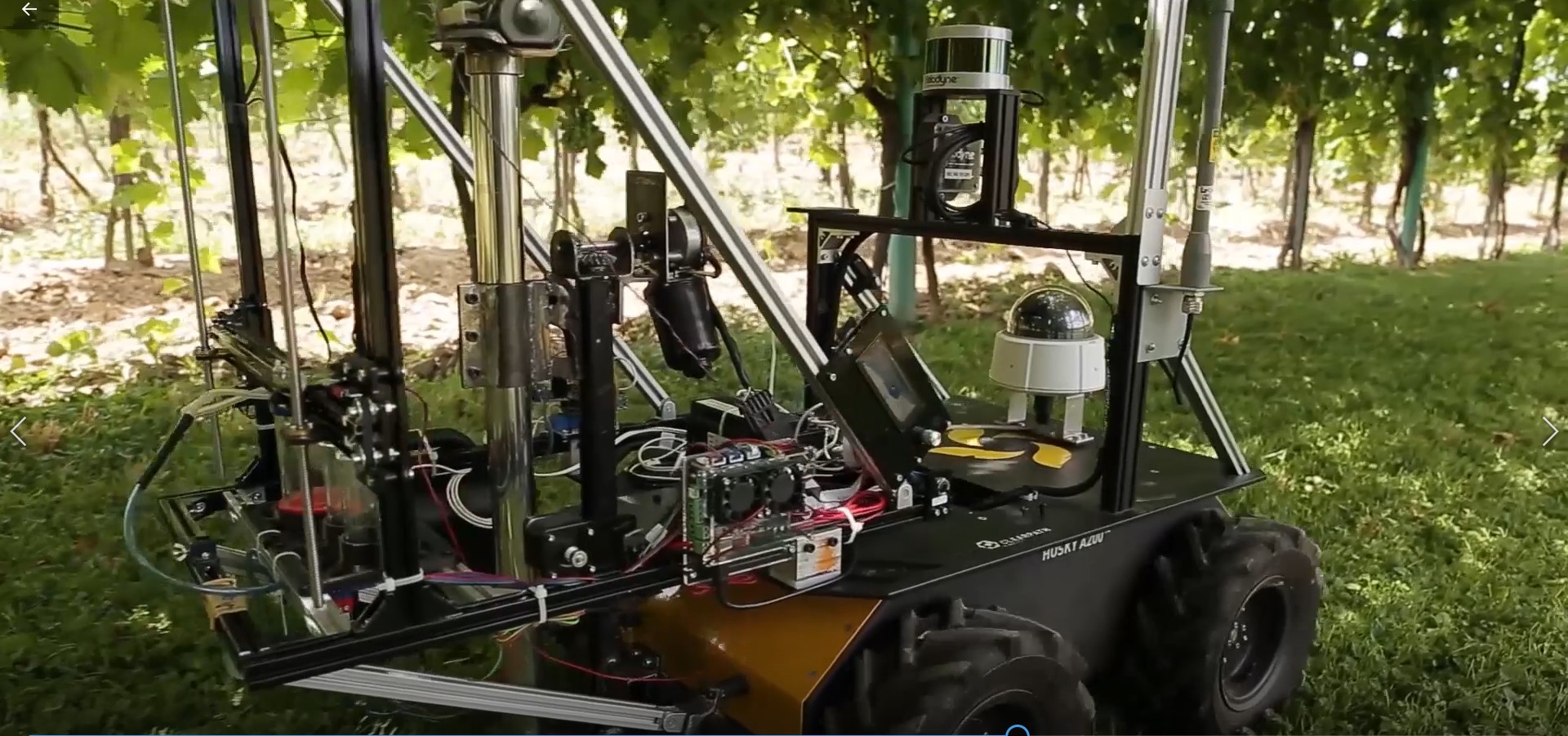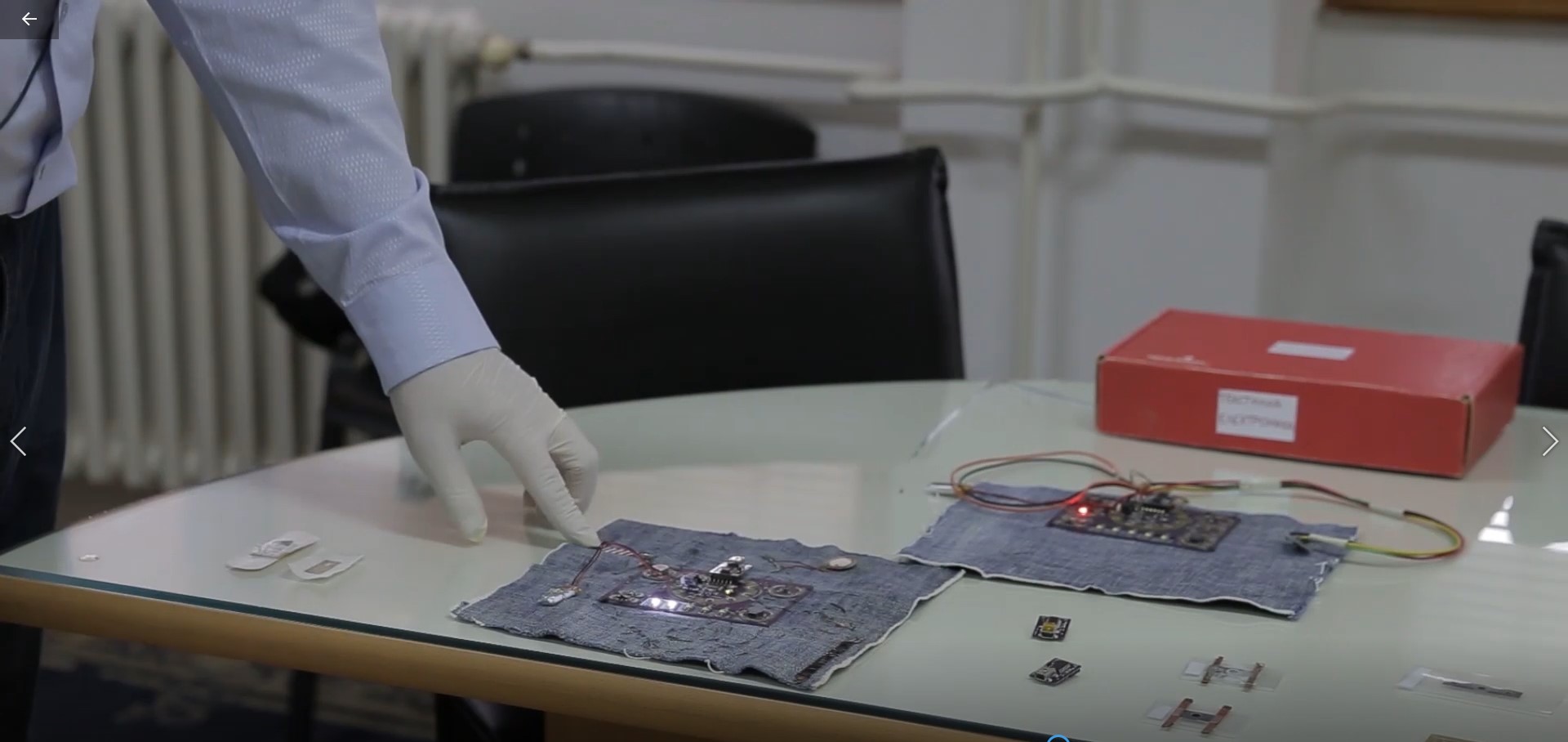RESEARCH AND INNOVATION THE STARTERS OF THE ECONOMY
When scientific research and innovation are mentioned in the context of the EU, one of the first clues is the program Horizon 2020, the biggest EU program so far in these fields, which has incorporated and replaced three previous programs. Horizon 2020 is an instrument for reaching the main goals of the Europe 2020 strategy, primarily its Innovative Union initiative, which is to enable Europe to become globally competitive. The goal is to raise European science to the highest level and enable simpler cooperation between the private and public sectors in innovative work. The Horizon 2020, a seven-year instrument in the period from 2014 to 2020, aims to further develop Europe's research space as a combined market of knowledge, research and innovation.

While continuing its good practice from the previous initiative – Framework Program 7, Serbia has greatly improved its participation in the Horizon 2020 program. According to the national coordinator of the program, Viktor Nedović, we should be pleased because the projects of institutions, organizations and commercial subjects from Serbia have absorbed the biggest funding in the region, much more than in the previous FP7 program.
"Currently, we are at 115 million euros of withdrawn funding and funding contracted with the European Commission (EC) for approved projects. We even did more than what the state is obliged to according to the agreement it signed with the EC for this program at the national level. We have even exceeded that sum if we view what has been invested compared with what we have contracted, regardless of the part that is returned to us via the Instrument of Pre-accession Aid – IPA", Nedovic explains.
Around 515 institutions and organizations with 355 projects have participated in Horizon 2020 programme. One of the institutions committed to develop its science and teaching cadres in the field of research and innovation, which participates in Horizon 2020 with many projects, is the Faculty of Technical Studies of the Novi Sad University. Full professor Goran Stojanović, Ph.D., in his own words, enjoys preparing and writing projects, competing and exceeding the limits of his own possibilities, as well as of science, where he specialized in the field of electronics in medicine. He has made more than 50 project proposals, of which 20 were financed with more than 14,8 million euros.
“We, at the Faculty of Technical Studies, have managed all the projects, which helped us make a quantum leap in our field. Bending electronics, stretching electronics, electronics on textile, micro-fluid electronic chips. The acronym of one project is SALSETH from the program Maria Sklodowska Curie RISE, and the Novi Sad University, i.e. yours truly, is the coordinator. The project deals with the development of sensors, made mostly of edible materials, which can detect bio-markers or bacteria in the mouth and, if their concentration is higher than allowed, we make micro-fluid canals in the mouth, in the dentures, which can rinse the mouth, e.g. for children with autism", professor Stojanovic says.
As the means for boosting economic growth and creating of new jobs, Horizon 2020 is politically supported by European leaders and the European Parliament. They concurred that research was the key investment in the future and have placed it at the very center of the EU's plan for a smart, sustainable and inclusive growth and employment. Serbia found its place in that part of the program and positioned itself well in the previous period, thinks professor Nedovic and adds: "We are also good regarding the participation of commerce, primarily small and medium enterprises (SME). Of the 115 million euros, innovative SMEs have contracted 10 million, but there are also other small businesses, which are not visible in that part, as partners within larger consortia, so the estimated participation of SMEs in funding is around 30%, based on all relevant data."
Certainly, the most prominent institution from Serbia in Horizon 2020 is the Biosense Institute of the Novi Sad University, which has the most projects, the most absorbed funds and the biggest individual projects. They won the TEAMING call and they absolutely topped the list of approved projects. That is the biggest project that Serbia has ever gotten from the EC, 14 million euros, and Serbia was obliged to add another 14 million in funding.
Professor Stojanovic has managed one of the biggest projects at the Faculty of Technical Sciences dedicated to the stretchable and textile electronics. The project's value is 2.5 million euros, for the Faculty alone, and the idea is to make a global-level excellence center for textile electronics here in Novi Sad. “The project lasts 5 years and, in that time, we plan to develop innovative prototypes and demonstrators and, after that, form a company to market smart sensors and electronics on textile", Stojanovic explains.

For Serbia to have even better success and participation in the program, approach to the research and commercial sectors has to be structured, with a developed local support network, fast information flow and liaising with the key institutions in Europe, Prof. Nedović says and announces: “Serbia is currently in the final phase of talks with Brussels, the EC, the Directorate-General for Research and Innovation, about the conditions for our participation in the next program that starts in January 2021 – Horizon Europe."
The Horizon Europe program, starting in 2021 with a budget of 100 billion euros, will be structured in three pillars: Excellent Science, Global Challenges and European Industrial Competitiveness and Open Europe, with activities aimed at broadening the participation and strengthening of European research.